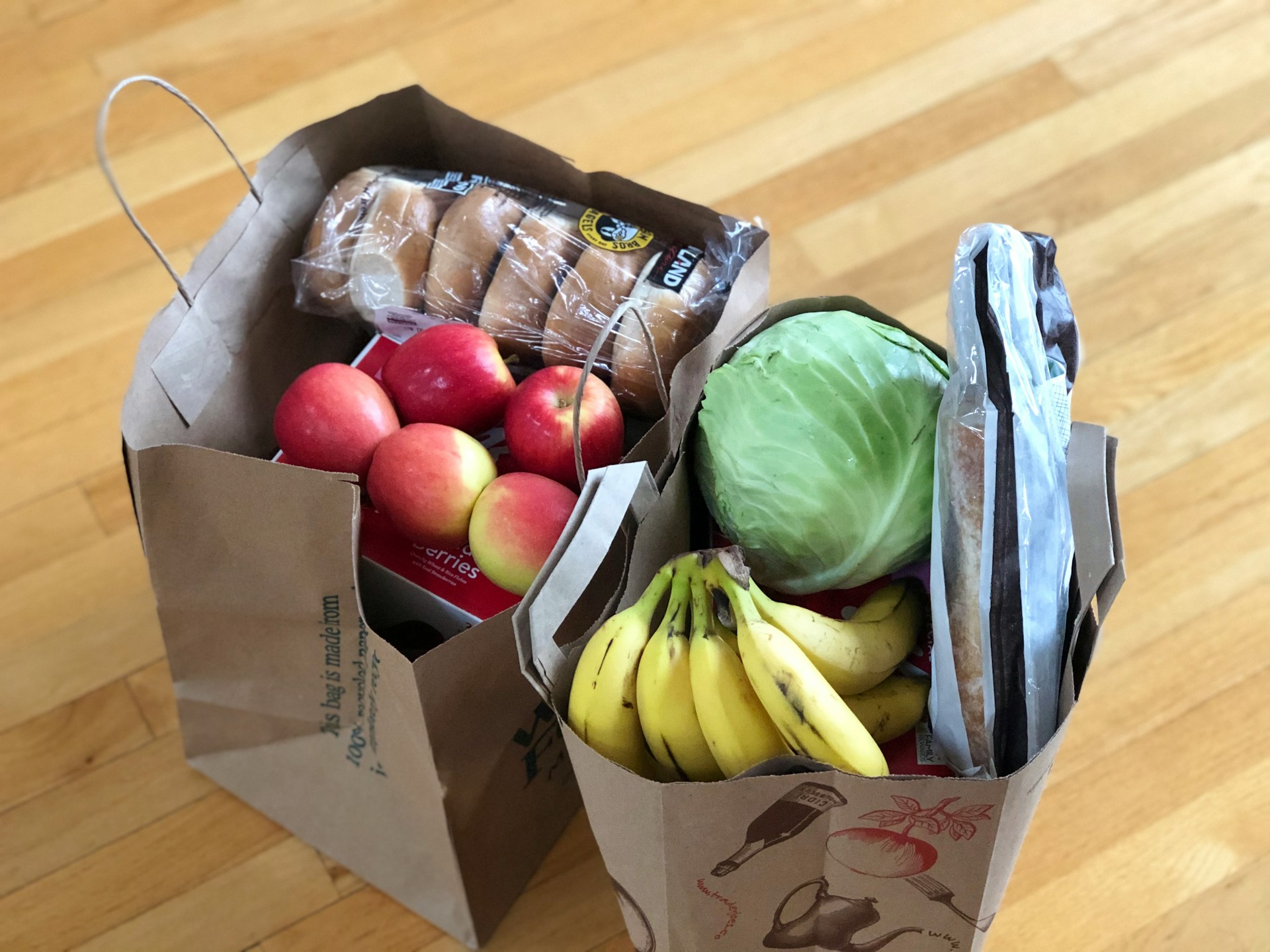The first trimester is a critical period for both you and your baby, as this is when the foundation for your baby’s growth and development is laid. Proper nutrition during this time is essential, not only to support your health but also to ensure that your baby gets the nutrients needed for healthy development. This guide provides practical advice on what to eat, what to avoid, and how to make the most of your meals during the first trimester.
1. The Importance of Folic Acid and Other Essential Nutrients
During the first trimester, your body requires additional nutrients to support the rapid growth of your baby. Here are some of the most important ones:
- Folic Acid: Folic acid is crucial in the early weeks of pregnancy, helping to prevent neural tube defects, which affect the brain and spinal cord. It’s recommended to take a supplement with at least 400-600 micrograms of folic acid daily, in addition to consuming folate-rich foods like leafy greens, citrus fruits, beans, and fortified cereals.
- Iron: Iron is essential for making extra blood to supply oxygen to your baby. Low iron levels can lead to anemia, which can make you feel tired and weak. Include iron-rich foods such as lean meats, spinach, lentils, and fortified cereals in your diet. Pairing these foods with vitamin C-rich foods, like oranges or strawberries, can enhance iron absorption.
- Calcium: Calcium is important for building strong bones and teeth for your baby. If your intake is low, your body will draw calcium from your bones, which can affect your bone health. Aim for about 1,000 milligrams of calcium per day from sources like dairy products, fortified plant-based milks, broccoli, and almonds.
- Protein: Protein is vital for the growth of your baby’s tissues and organs, including the brain. Good sources include lean meats, poultry, fish, eggs, beans, tofu, and nuts.
- Omega-3 Fatty Acids: Omega-3s, particularly DHA, are important for the development of your baby’s brain and eyes. Fatty fish like salmon, as well as flaxseeds and walnuts, are excellent sources.
2. Safe Foods and Beverages
During the first trimester, focusing on a balanced diet that includes a variety of foods from all the food groups is key. Here are some safe and nutritious choices:
- Fruits and Vegetables: Aim to eat a wide range of colorful fruits and vegetables daily. They provide vitamins, minerals, and fiber. Wash them thoroughly to remove any pesticides or bacteria.
- Whole Grains: Whole grains like oats, brown rice, and whole wheat bread are rich in fiber, which can help alleviate constipation, a common issue during pregnancy. They also provide important nutrients like iron and B vitamins.
- Lean Proteins: Choose lean cuts of meat, poultry, and fish. Plant-based proteins like beans, lentils, and tofu are also great options. Cook all meats and fish thoroughly to reduce the risk of foodborne illness.
- Dairy Products: Dairy products like milk, yogurt, and cheese provide calcium and protein. Opt for low-fat or fat-free versions if you’re watching your fat intake.
- Hydration: Staying hydrated is crucial during pregnancy. Water is the best choice, but you can also drink herbal teas and milk. Aim for at least 8-10 glasses of fluids daily.
3. Foods and Substances to Avoid
While many foods are safe during pregnancy, there are some you should avoid to protect your health and your baby’s development:
- Raw or Undercooked Meat and Eggs: These can harbor harmful bacteria like salmonella or E. coli, which can cause serious infections. Always cook meats thoroughly and avoid foods like sushi, rare steak, or soft-boiled eggs.
- Certain Fish: Some fish contain high levels of mercury, which can harm your baby’s developing nervous system. Avoid fish like shark, swordfish, king mackerel, and tilefish. Instead, choose low-mercury options like salmon, tilapia, or canned light tuna.
- Unpasteurized Dairy Products: Unpasteurized milk and cheeses can contain listeria, a bacteria that can lead to miscarriage or serious illness. Stick to pasteurized dairy products.
- Caffeine: While moderate caffeine intake is generally considered safe, it’s best to limit yourself to 200 milligrams per day (about one 12-ounce cup of coffee) to reduce the risk of miscarriage or low birth weight.
- Alcohol: No amount of alcohol is considered safe during pregnancy, as it can lead to fetal alcohol syndrome and other developmental issues.
- Processed Foods: Highly processed foods are often high in added sugars, unhealthy fats, and sodium. While they’re okay in moderation, try to focus on whole, nutrient-dense foods for most of your meals.
4. Sample Meal Plans and Snack Ideas
Creating balanced meals doesn’t have to be complicated. Here are some sample meal ideas and snacks to keep you nourished during the first trimester:
- Breakfast:
- Whole-grain toast with avocado and a poached egg
- A side of fresh fruit (like berries or an orange)
- A glass of fortified orange juice for extra folic acid and vitamin C
- Lunch:
- Grilled chicken salad with mixed greens, cherry tomatoes, cucumbers, and a light vinaigrette
- A slice of whole-grain bread
- A cup of yogurt with a sprinkle of chia seeds
- Dinner:
- Baked salmon with a side of quinoa and steamed broccoli
- A small mixed green salad with a variety of vegetables
- A glass of water or herbal tea
- Snacks:
- Apple slices with almond butter
- A handful of mixed nuts and dried fruit
- Carrot sticks with hummus
- A banana with a small handful of walnuts
These meals and snacks are balanced, providing the nutrients you need while being easy to prepare and enjoy.
Conclusion
Eating well during the first trimester is one of the best ways to support your health and your baby’s development. Focus on nutrient-rich foods, stay hydrated, and avoid potential risks to ensure a healthy start to your pregnancy. Remember, it’s okay to listen to your body and make adjustments as needed. If you have any concerns about your diet, don’t hesitate to consult with your healthcare provider or a registered dietitian who can provide personalized guidance. Your body is doing amazing work—nourish it well!

